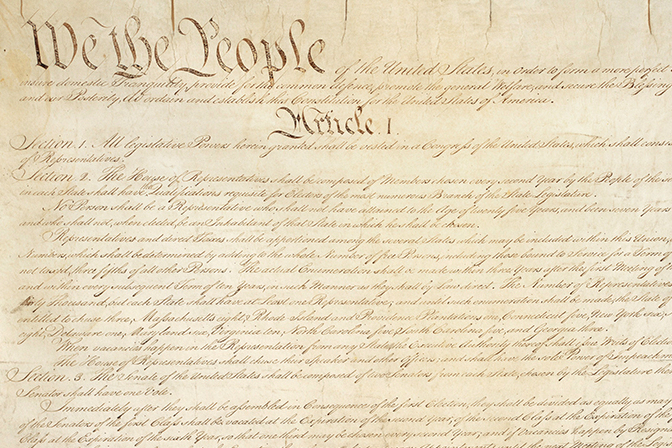To What Extent Should Presidential War Powers Be Limited by Congress and the War Powers Act?

Though the United States has been involved in numerous foreign conflicts in the post-World War II era, none of them have elicited an official declaration of war from Congress. Instead, in what are defined as police actions, presidents have used their perceived war-making powers to send troops into battle and to dictate the length and terms of U.S. military involvement around the world. As a result, the balance of war-making power between Congress and the president has been the source of increasing controversy in the postwar era. This controversy was accelerated due to the passage of the War Powers Resolution of 1973 (commonly referred to as the War Powers Act), which was passed by Congress in order to place a check on the president’s war-making powers. Since its passage, presidents have believed the resolution to be unconstitutional, and have, on occasion, violated the law. Both sides continually jockey over the limits of their powers, and their obligations to each other, during the police actions that have been the hallmark of the post-World War II era. The Constitution does not provide a definitive answer, and thus legal scholars continue to debate the nature of Congressional and presidential war powers.


